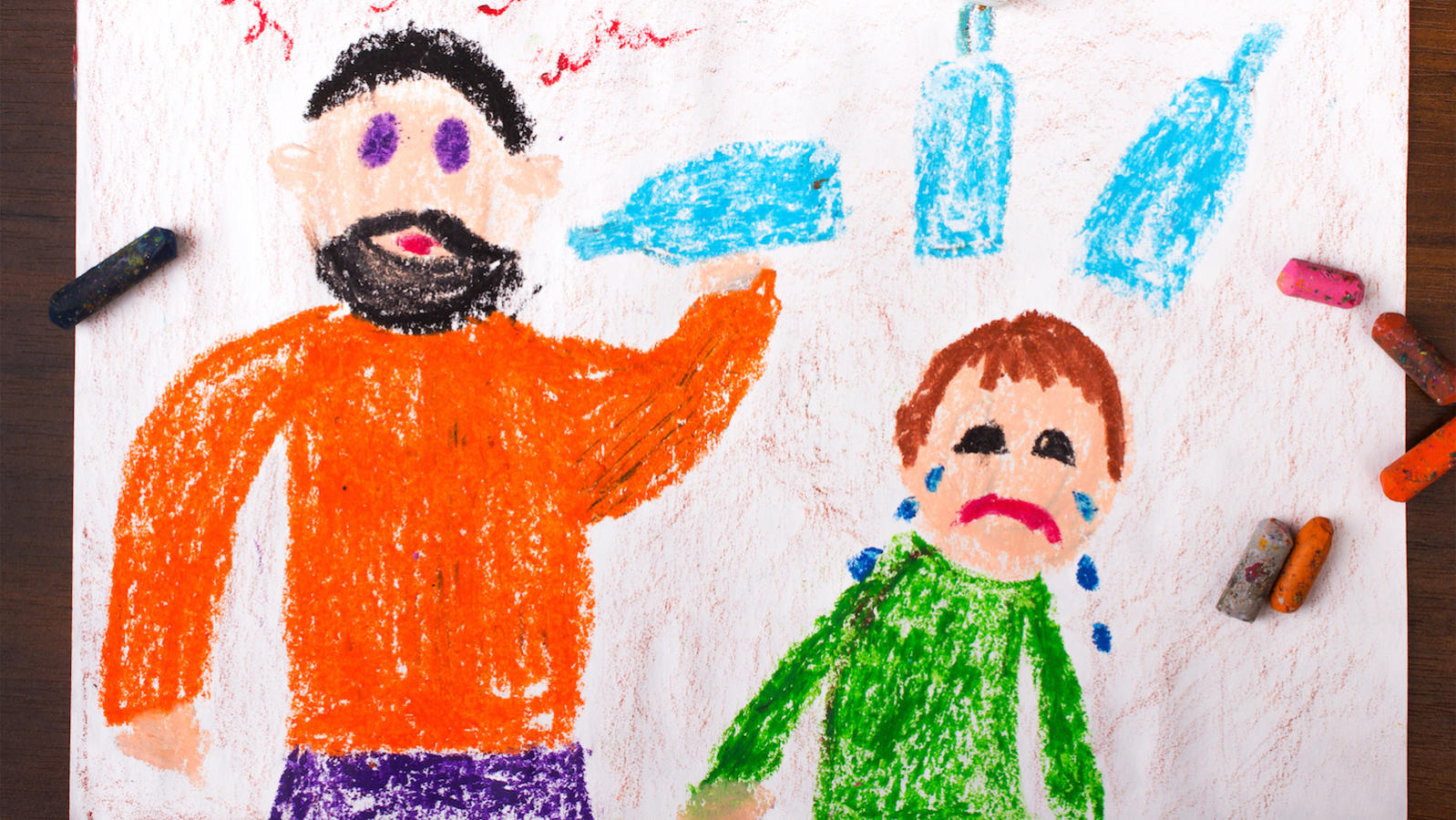Commentary on Parashat Vayechi, Genesis 47:28-50:26
In Parashat Vayechi, we find a fascinating examination of complex relations amid a family struggling to move beyond the sins of the past. Much has changed since the traumatic incident decades earlier, when Joseph’s brothers plotted to kill him, eventually selling him into slavery. Now, after Jacob’s death, and with Joseph occupying a position of power, the brothers fear vengeance. They say:
Perhaps Joseph will nurse hatred against us and then he will surely repay us all the evil that we did him.” So they instructed that Joseph be told, “Your father gave orders before his death, saying: ‘Thus shall you say to Joseph: “Please, kindly forgive the spiteful deed of your brothers and sin for they have done you evil.
Steps Toward Reconciliation
Although their major motivation may be fear, the brothers make two important steps toward reconciliation: confessing their wrongdoing and asking for forgiveness. The brothers’ request for forgiveness, however, is enacted in a strangely impersonal and roundabout manner, requesting that a third party retell the instructions of Jacob to Joseph. Additionally, these instructions, the sages inform us, are a fictional invention, part of the Torah’s testament to the “greatness of peace” — such that truth can be skewed in order to bring about peace between brothers. The brothers employ indirect, even devious means in their attempt to establish peace, yet their approach appears to be sanctioned by the Torah text.
In response Joseph weeps and assuages the brothers’ fear, telling them:
“Fear not, for am I instead of God? Although you intended me harm, God intended it for good: in order to accomplish — it is as clear as this day — that a vast people be kept alive. So now, fear not — I will sustain you and your young ones.”
Joseph chooses to tell a different version of past events, minimizing his brothers’ malice while instead focusing on the beneficial final outcome. He reassures them that their sin was “for good” in a historic sense, and promises them that he will look after their needs. Interestingly, Joseph leaves out any explicit mention of forgiveness — which is, after all, what the brothers were seeking — and nowhere do we find any of the words associated with atonement or expiation. It is clear Joseph wants to move on from the issue and has managed to reinterpret and rationalize prior events. Whether or not the rupture with his family was ever completely restored remains a question.
With your help, My Jewish Learning can provide endless opportunities for learning, connection and discovery.
Today’s Family Traumas
By adopting their own subtle balance between confronting and suppressing earlier events, the biblical family was able to work through the traumas of the past. Similar approaches are utilized today in recovering from some of the profound family traumas caused by war. Today, an estimated 300,000 children are engaged in warfare around the globe — many having been abducted from their families or forced under threat of violence to join a militia group. These children visit the most destructive sins upon members of their own communities, and sometimes, their own families. To be sure, unlike Joseph’s brothers, who were driven by jealousy, child soldiers act not out of any personal motivation, but because they are exploited and forced against their will. Elias, a former Congolese child soldier testifies: “We were often asked to kill people. I witnessed some of my fellow child soldiers being ordered to kill their parents or be killed themselves.”
Those children fortunate enough to outlive their armed conflicts then face the challenges of reintegration. Returning to their home communities, demobilized child soldiers must encounter those against whom they were forced to commit violent acts, possibly within their own families. Even if the soldiers are accepted back into their families, tension and trauma persist.
In some post-conflict and post-genocide communities, there is a focus on truth and justice, an effort to document wrongdoing and hold the perpetrators accountable. Although noble in intention, the process of uncovering the truth–especially when it concerns atrocities committed by brothers against brothers–may in fact exacerbate lingering ethnic, political or personal hostilities. In some cases, therefore, the search for truth takes a back seat in the pursuit of reconciliation, leaving stories untold and crimes unprosecuted in the hope of allowing communities to move forward. Certainly, there is no one model that fits all circumstances, but some combination of approaches may be effective in each particular case.
In the story of Joseph and his brothers, we find a delicate interplay of confessing and concealing, dwelling upon and moving on. Overcoming fraternal violence is indeed complex and challenging, and resentment and trauma may be difficult to overcome. The biblical text, with its ambiguity, multiple approaches for achieving reconciliation and, above all, focus on establishing peace, provides us with a kind of script for achieving reconciliation in the many areas of conflict in our world. Pursuing peace in this way, prioritizing resolution over continuing tension, enables us to fulfill the words of the psalmist: “How good and pleasant it is when brothers live together in harmony.”
Provided by American Jewish World Service, pursuing global justice through grassroots change.
Torah
Pronunced: TORE-uh, Origin: Hebrew, the Five Books of Moses.



